Temperature measurement(THERMOMETER) is the most measured physical parameter and is found in almost every field in the industry in laboratories and research.
There are 4 main types of thermometers:
Thermocouple, RTD Temperature Sensor and Pt100 Temperature Sensor, Non-contact temperature and PTC.
Thermocouple
Thermocouple sensors - their technical marking:
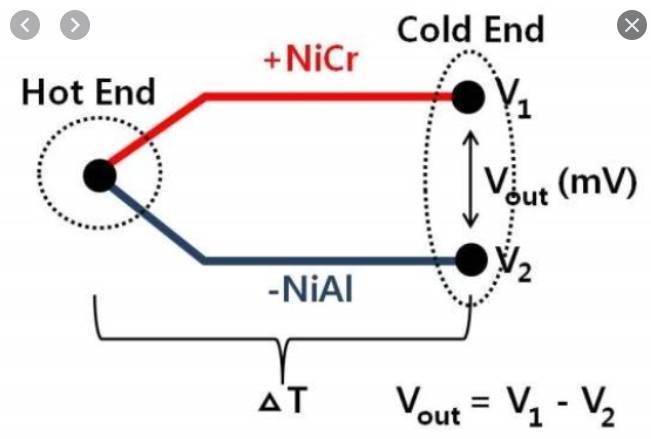
Thermocouple sensors make over 90% of temperature meters(THERMOMETERS) in industry and laboratory research.
Types of Thermocouples
-There are several types of thermocouples made of different metals and designed for different temperature ranges,
The thermocouples differ from each other in the temperature range they operate and their accuracy.
-For different thermocouples insulations in different colors to differentiate between them. The colors are set according to international American, European and Japanese standards.
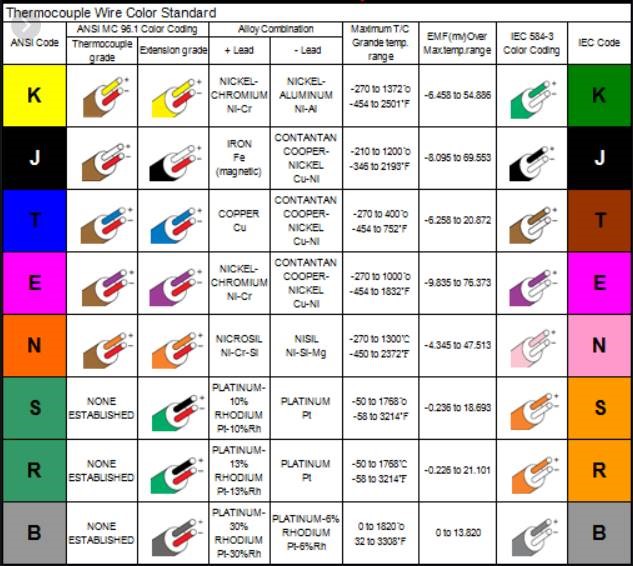
Types of Thermometers
Thermometers (temperature loggers) for laboratories and industry are divided into five main types:
Pocket Thermometers:
- Small pencil-shaped thermometers for the pocket in which the temperature sensor is built into one unit with the display.
-Pocket thermometers are limited to a narrow temperature range of up to about 200 degrees Celsius
- Used in laboratories and research to measure the temperature of liquids in ranges of up to 100 degrees Celsius,
- Food plants are used to measure temperatures of up to 200 degrees Celsius (mainly in poultry factories)
- In buildings and roads for measuring the temperature of asphalt up to 300 degrees Celsius.
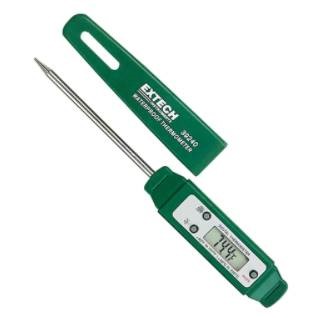
Thermometers for measuring the temperature in the room for hanging on a wall and for measuring the temperature in the refrigerators
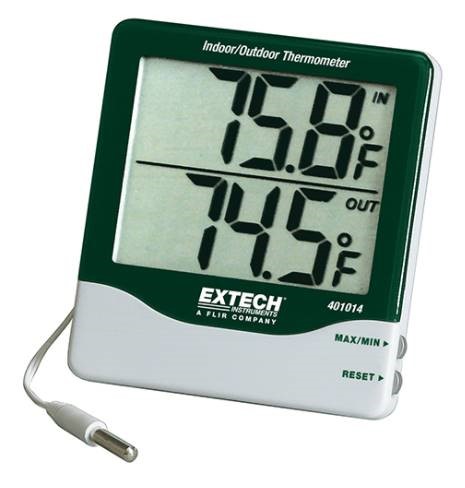
Laboratory Thermometer
The temperature gauges come without the sensors that are purchased separately.
- Temperature meters come with one or more inputs for temperature sensors (usually thermocouples),
The advantage that a wide range of Thermometers can be connected to the same temperature sensors:
Sensors for immersion in liquids, for measuring area,
Stabbing sensors, flexible sensors, high temperature sensors and more
Temperatures can be measured with them in large temperature ranges from 200 - Celsius to 1800 Celsius.
- The connection to them is standard with a mini connector with flat legs.
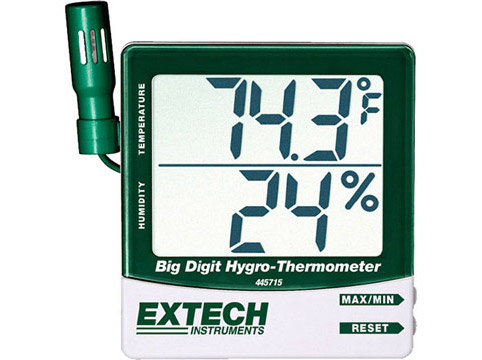
TEMPERATURE DATALOGGER
-When it is necessary to map temperature in incubators or any other heating device,
The thermometer has several inputs, 2 or 4 or 12 or more
The temperature in several points and see the differences in temperature.
In many cases, TEMPERATURE DATALOGGER is used
That sample the temperature in a timely manner
The most common temperature sensor is a K-type with a yellow connector that allows temperature measurements over a wide range of
200- Celsius to 1370+ Celsius.
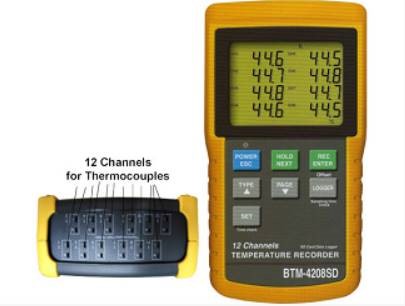
Precision Thermometer
When a Precision Thermometer is needed Especially for calibration, use a thermometer with an RTD PT100 resistance sensor
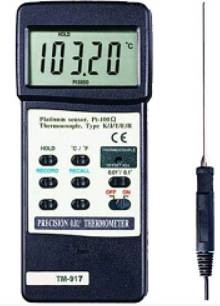
Non-contact temperature
They are less accurate and are designed for places that cannot be reached or touched with a temperature sensor
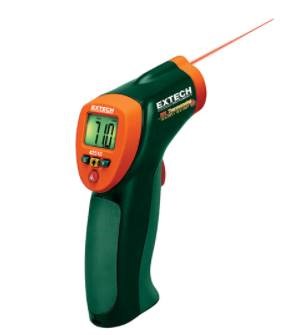
Uses of Industrial thermometers
Industrial thermometers are specialized temperature-measuring devices designed for use in various industrial applications. They play a crucial role in maintaining and monitoring temperature-sensitive processes to ensure efficiency, safety, and quality control. Here are some common uses of industrial thermometers:
Manufacturing Processes:
Heat Treatment: In industries such as metallurgy, industrial thermometers are used to monitor and control the temperature during heat treatment processes like annealing, hardening, and tempering of metals.
Plastic and Rubber Processing: Temperature control is critical in the production of plastics and rubber. Industrial thermometers help ensure that the materials are heated or cooled to the precise temperatures required for processing.
Food Processing:
Sterilization and Pasteurization: In the food industry, industrial thermometers are employed to monitor temperatures during processes like sterilization and pasteurization to ensure the safety of the products.
Chemical Processing:
Batch Reactors: Industrial thermometers are used in chemical plants to monitor and control temperatures in batch reactors, ensuring that reactions occur under optimal conditions.
Distillation: In distillation processes, precise temperature control is essential for separating components based on their boiling points.
HVAC Systems:
Heating, Ventilation, and Air Conditioning: Industrial thermometers are used to monitor and control temperatures in HVAC systems, ensuring that buildings are maintained at comfortable and efficient temperature levels.
Energy Production:
Power Plants: Industrial thermometers play a vital role in monitoring the temperature of equipment such as boilers, turbines, and condensers in power plants to optimize energy production.
Oil and Gas Industry:
Refineries: In oil refineries, industrial thermometers are used to monitor temperatures in various processes, including distillation columns and catalytic cracking units.
Pipeline Monitoring: Thermometers are employed to monitor the temperature of oil and gas pipelines, preventing overheating or freezing.
Pharmaceutical Industry:
Drug Manufacturing: In pharmaceutical production, industrial thermometers ensure precise control of temperatures during various stages of drug manufacturing to maintain product quality.
Environmental Monitoring:
Climate Control: Industrial thermometers are used in environmental control systems to monitor and regulate temperatures in facilities such as greenhouses, where specific temperature conditions are required for plant growth.
Aerospace Industry:
Testing and Manufacturing: In the aerospace industry, industrial thermometers are used in the testing and manufacturing of components, ensuring that materials are exposed to the correct temperatures during processes like heat treatment and composite curing.
Research and Development:
Laboratory Experiments: Industrial thermometers are employed in laboratories for various experiments and research activities, providing accurate temperature measurements for scientific studies.